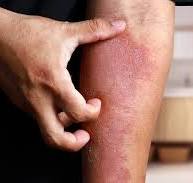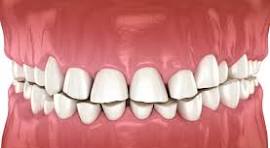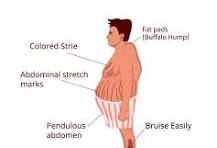INTRODUCTION
Health is wealth—a simple yet profound truth. One sickness can wreck a man’s
lifetime of savings, leaving the individual and family in distress.
Just as there is no small snake, there is no small sickness.
While modern medicine has made remarkable strides in diagnosing and treating diseases, many
health conditions continue to defy medical solutions, pushing us to explore
alternative approaches.
Natural remedies have been a cornerstone of healing for centuries, long before
the advent of modern pharmaceuticals. Across cultures and civilizations, people
have relied on nature’s gifts—herbs, roots, fruits, and holistic practices—to
restore health and vitality. While this encyclopedia does not seek to undermine
the importance of medical science, it aims to complement it by shedding light
on time-tested natural solutions. It encourages further research into the power of
nature in healing, offering insights into remedies that have provided relief to
countless individuals.
NATURAL REMEDIES FOR AMENORRHEA (ABSENT PERIODS)
Amenorrhea, the absence of menstrual periods, can be caused by
various factors, including hormonal imbalances, stress, nutritional
deficiencies, or underlying medical conditions. While natural remedies
can sometimes help address the underlying causes, it’s essential to
consult a healthcare professional for a proper diagnosis and treatment
plan. Here are some natural remedies that may help promote menstrual
regularity:
1. Ginger Tea:
How it works: Ginger has anti-inflammatory properties and may
help regulate menstrual cycles by stimulating blood flow to the
pelvic area.
Preparation: Slice fresh ginger (about 1-inch piece) and simmer
it in a cup of water for 5–10 minutes. Strain and add honey or
lemon for flavor.
Usage: Drink ginger tea once or twice daily.
Where to find: Fresh ginger is available in most local markets
close to you.
2. Cinnamon:
How it works: Cinnamon can help balance hormones and
regulate menstrual cycles.
Preparation: Mix 1/2 to 1 teaspoon of cinnamon powder with
warm water or add it to your daily diet, such as in oatmeal or
smoothies.
Usage: Consume cinnamon daily until you see improvement.
Where to find: Cinnamon powder is available in most local
markets close to you.
3. Fennel Seeds:
How it works: Fennel seeds contain compounds that can help
regulate hormonal balance and promote menstruation.
Preparation: Chew one teaspoon of fennel seeds after meals or
steep them in hot water to make fennel tea.
Usage: Consume fennel seeds or tea a few times a day.
Where to find: Fennel seeds are available in local markets close
to you.
4. Dong Quai:
How it works: Dong Quai is an herb known for its potential to
balance hormones and support menstrual regularity.
Preparation: You can find Dong Quai in capsule or tincture
form. Follow the dosage instructions on the product label.
Usage: Take as directed by the manufacturer or consult a
herbalist for guidance.
5. Maca Root:
How it works: Maca root is believed to help regulate hormones
and improve fertility.
Preparation: Maca root is available in powder or capsule form.
Follow the recommended dosage on the product label.
Usage: Take as directed by the manufacturer or consult a
healthcare practitioner.
6. Exercise and Stress Reduction:
How it works: Regular exercise and stress reduction techniques
like yoga and meditation can help balance hormones and promote
menstruation by reducing stress-related amenorrhea.
Usage: Aim for at least 30 minutes of moderate exercise most
days of the week, and incorporate stress reduction techniques into
your daily routine.
7. Nutritional Supplements:
How it works: Certain vitamins and minerals like vitamin D,
vitamin B-complex, and iron are essential for menstrual health.
Nutritional supplements can help correct deficiencies.
Usage: Consult a healthcare professional for guidance on specific
supplements and dosages.
Key Consideration
Remember, the effectiveness of these natural remedies may vary from
person to person, and it’s crucial to address any underlying causes of
amenorrhea with the guidance of a healthcare provider. Additionally,
it’s essential to maintain a balanced diet and a healthy lifestyle to
support overall menstrual health.



